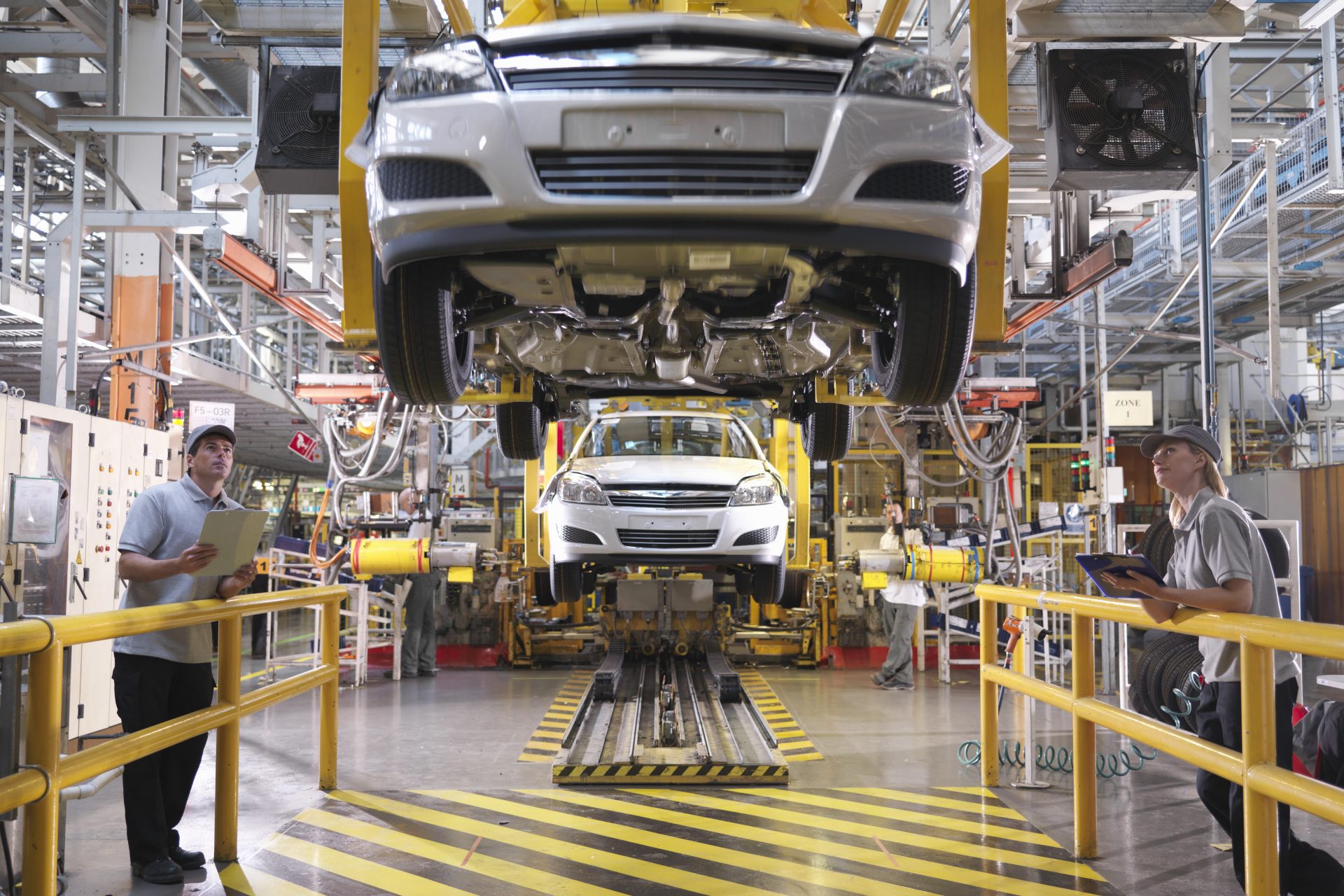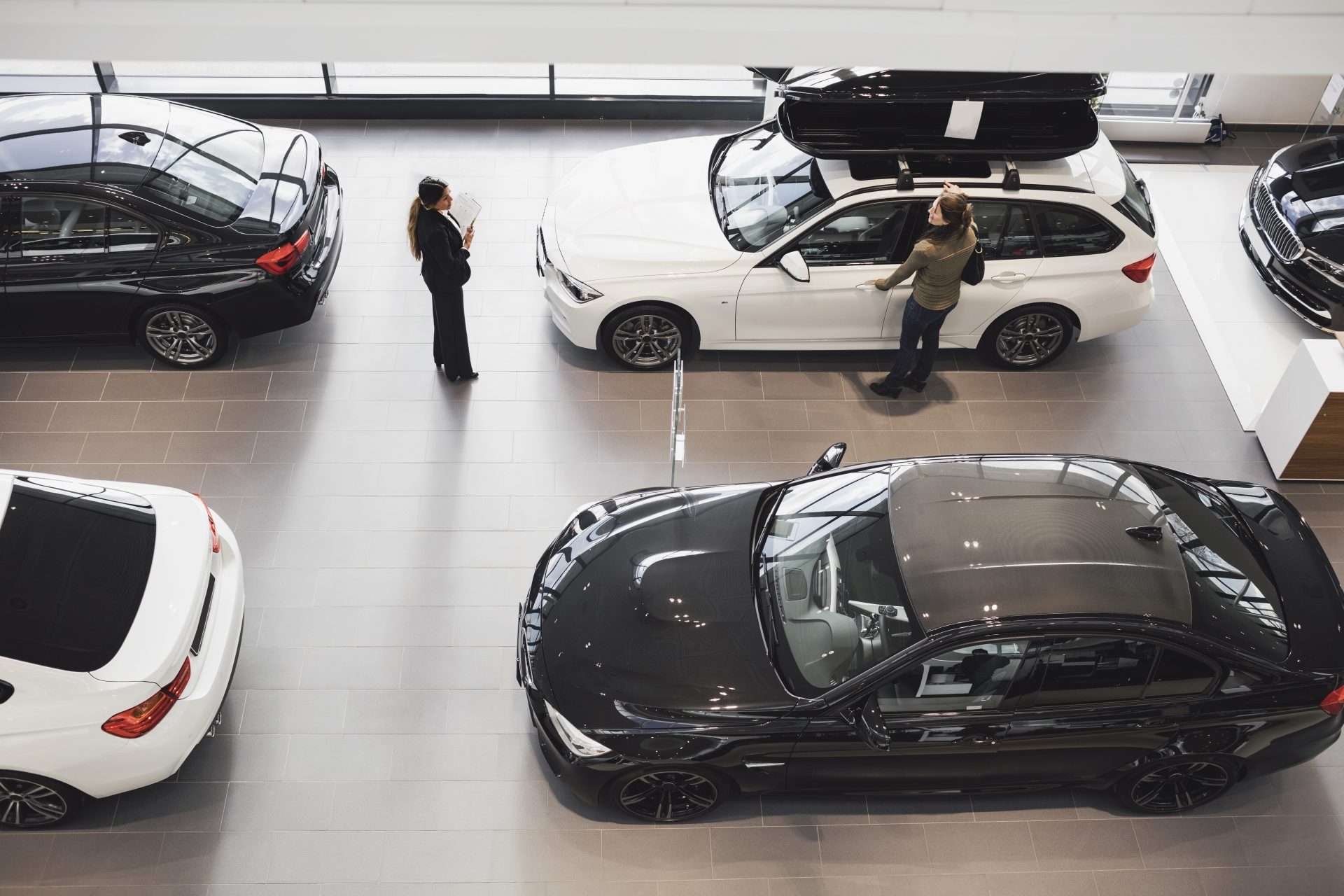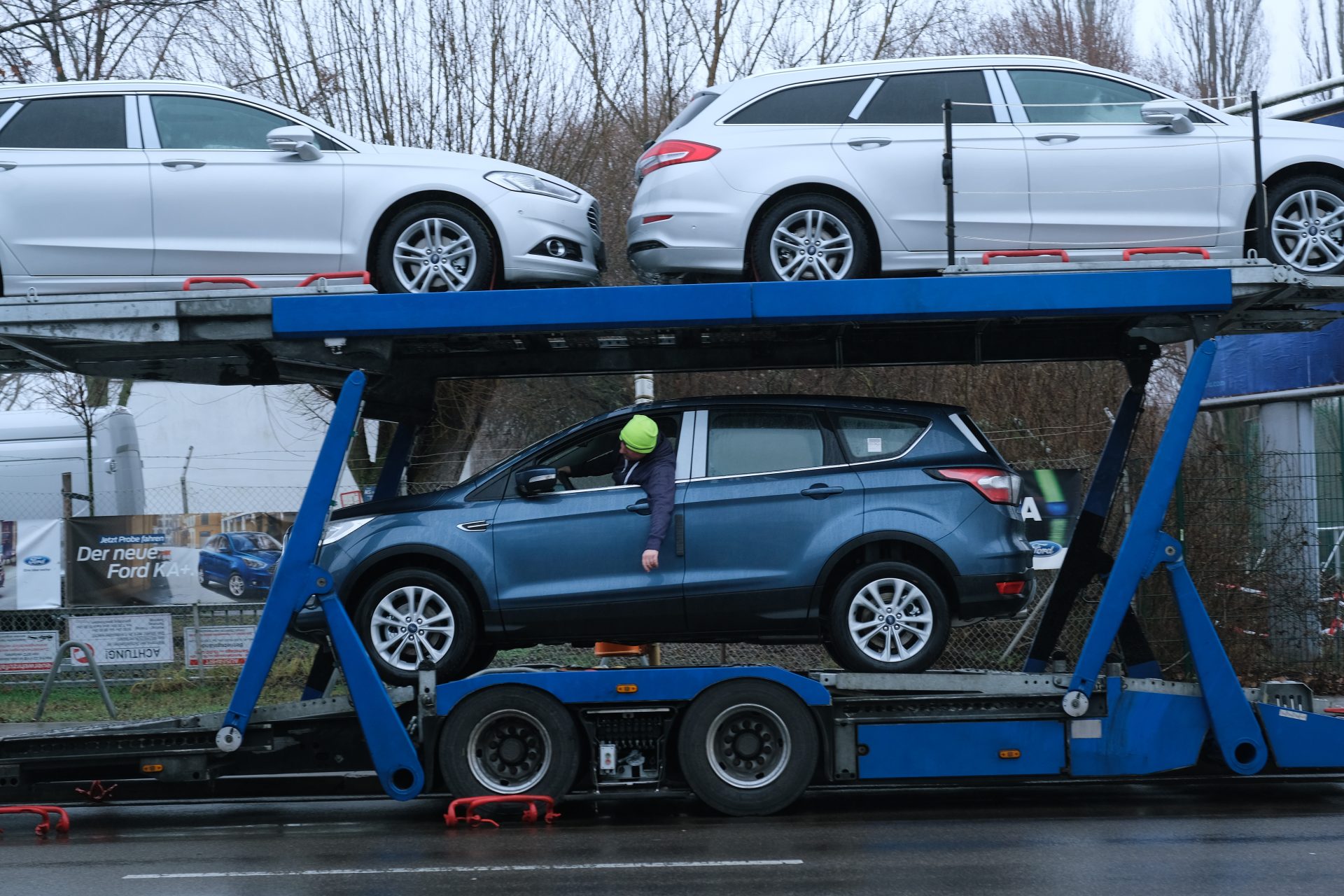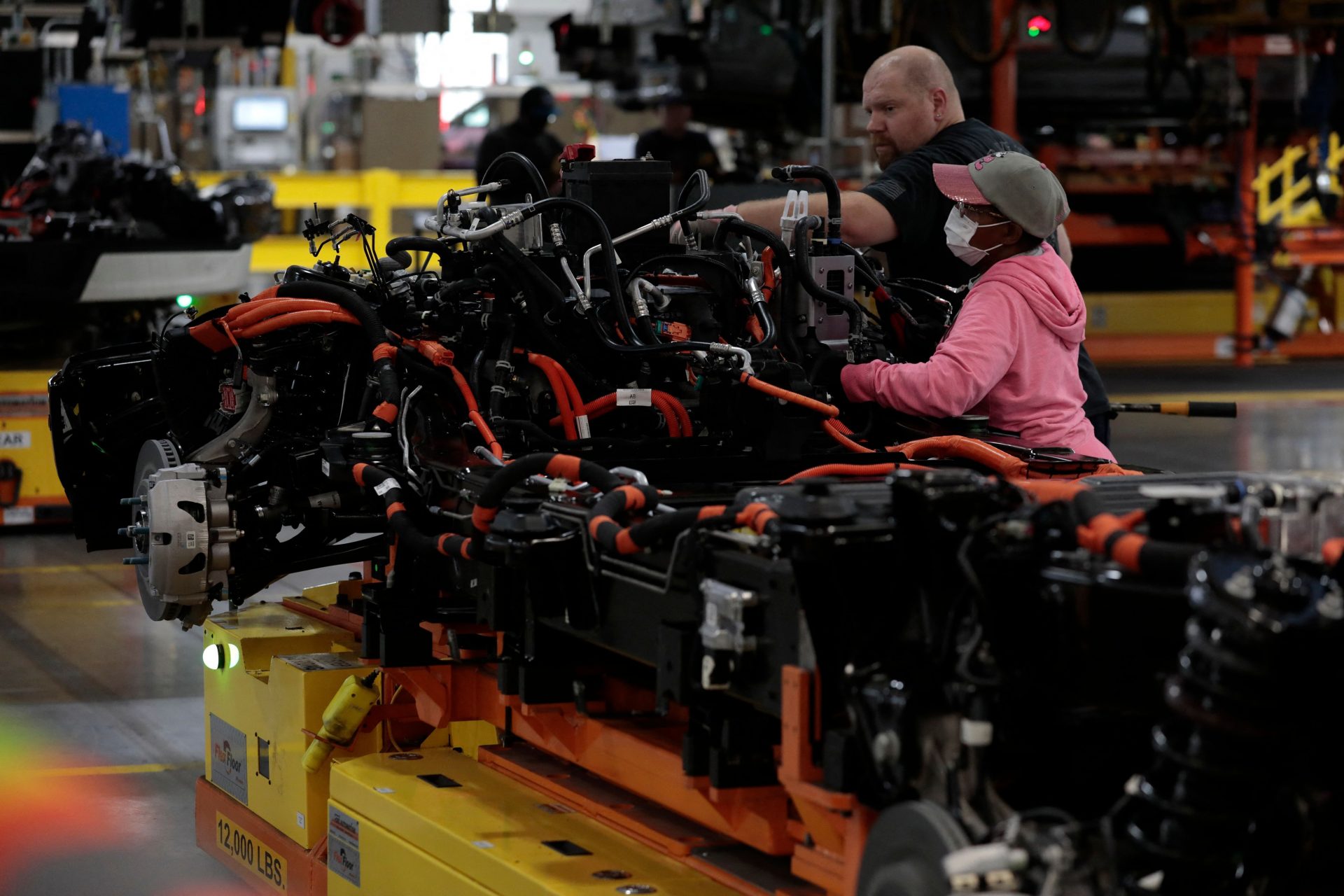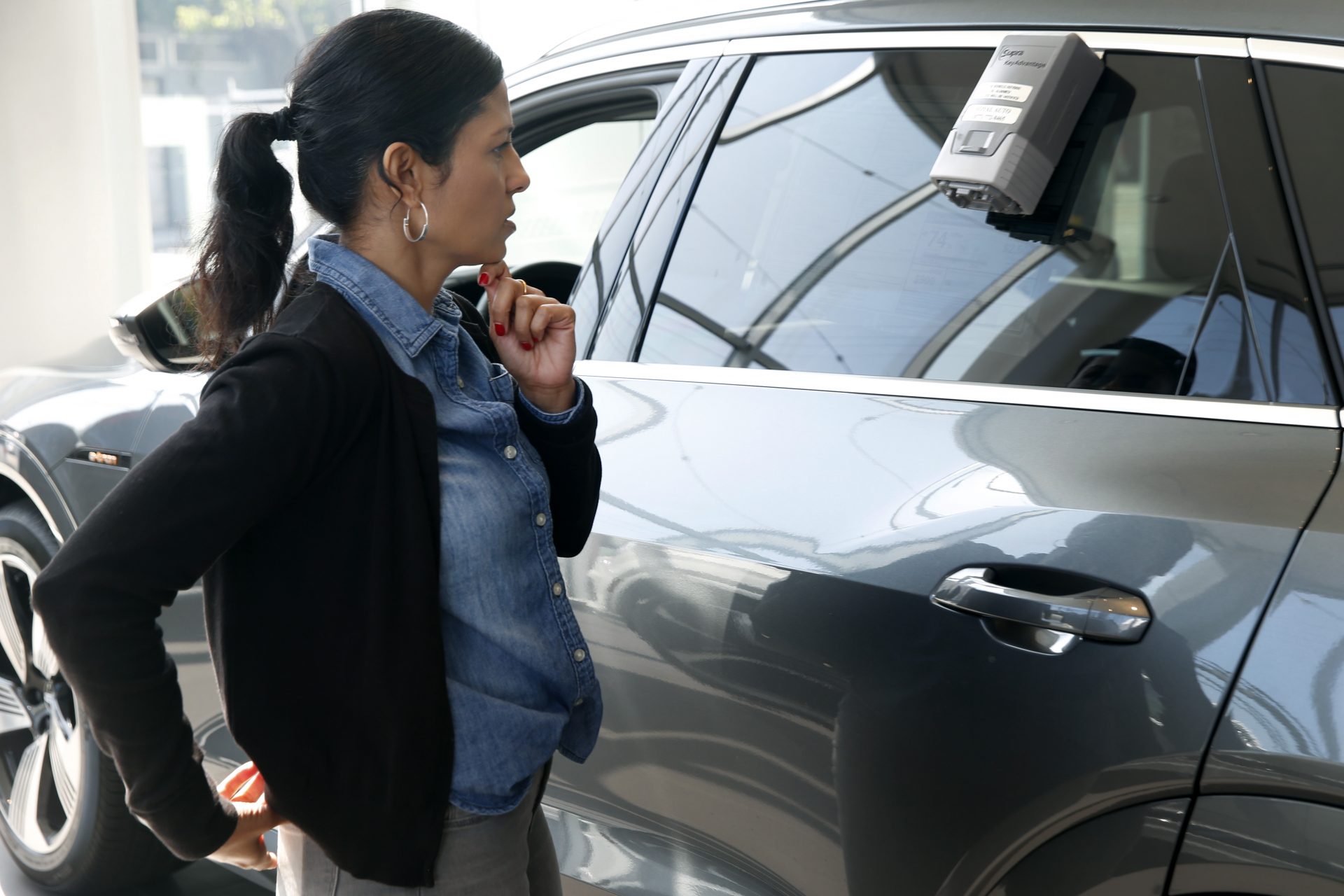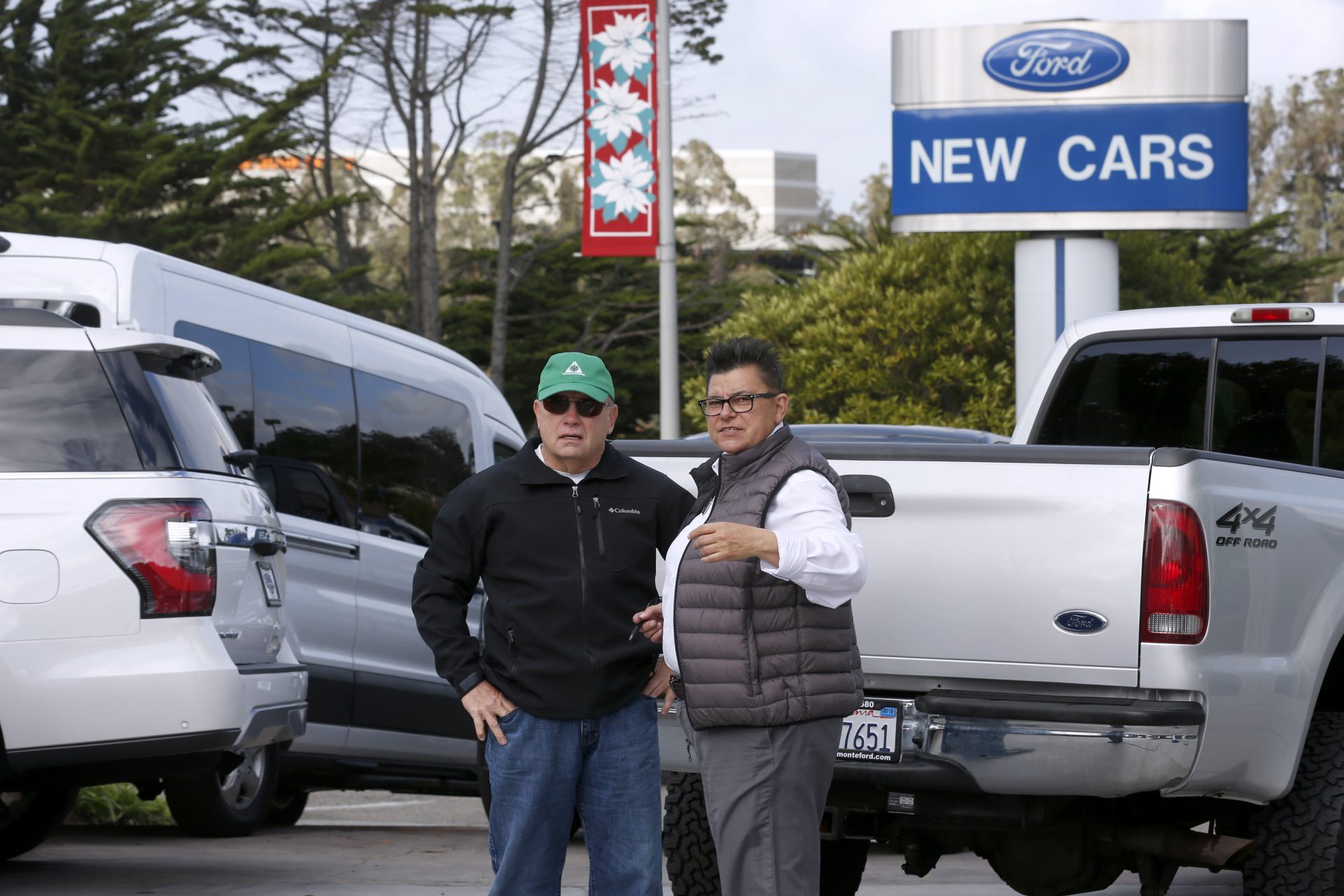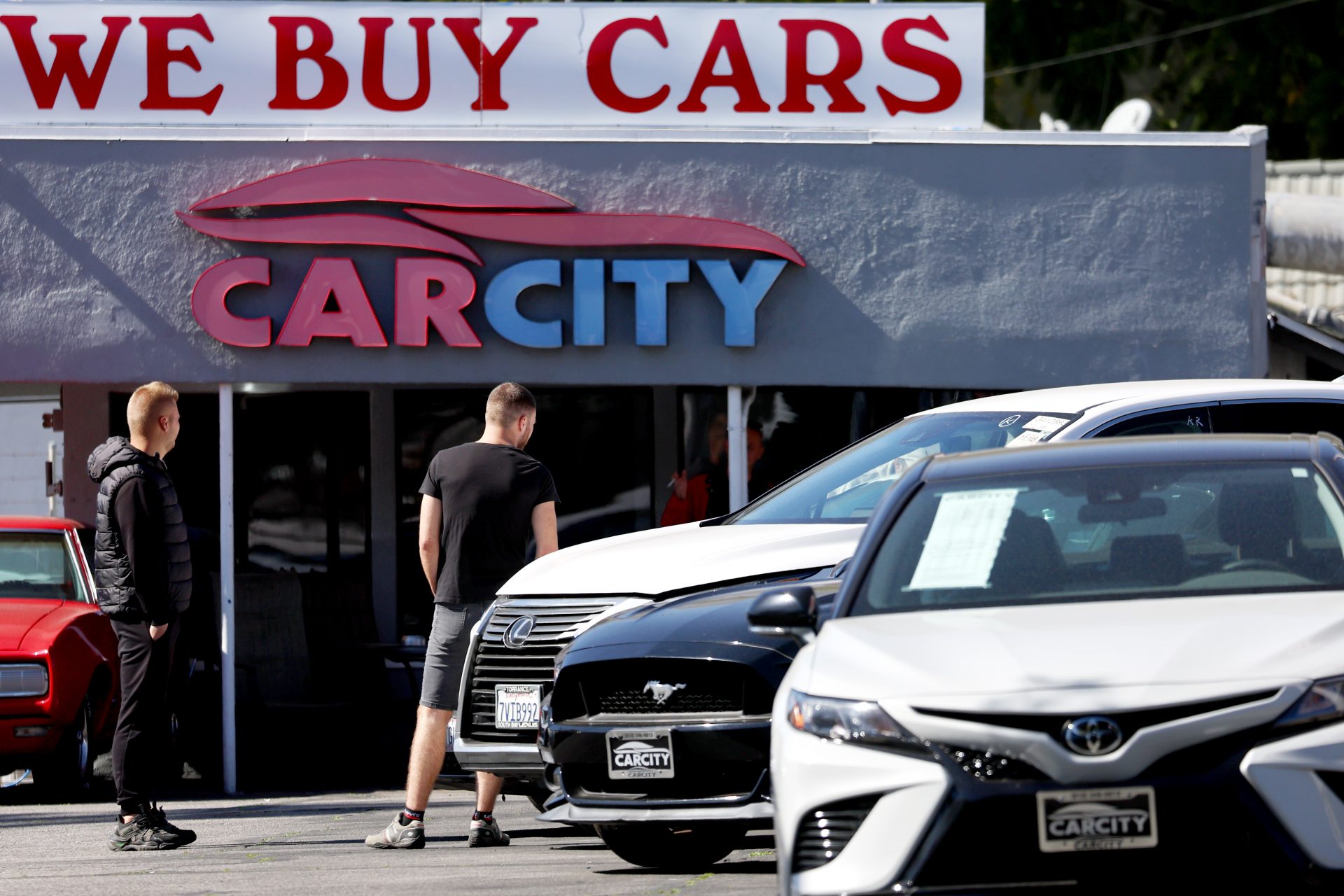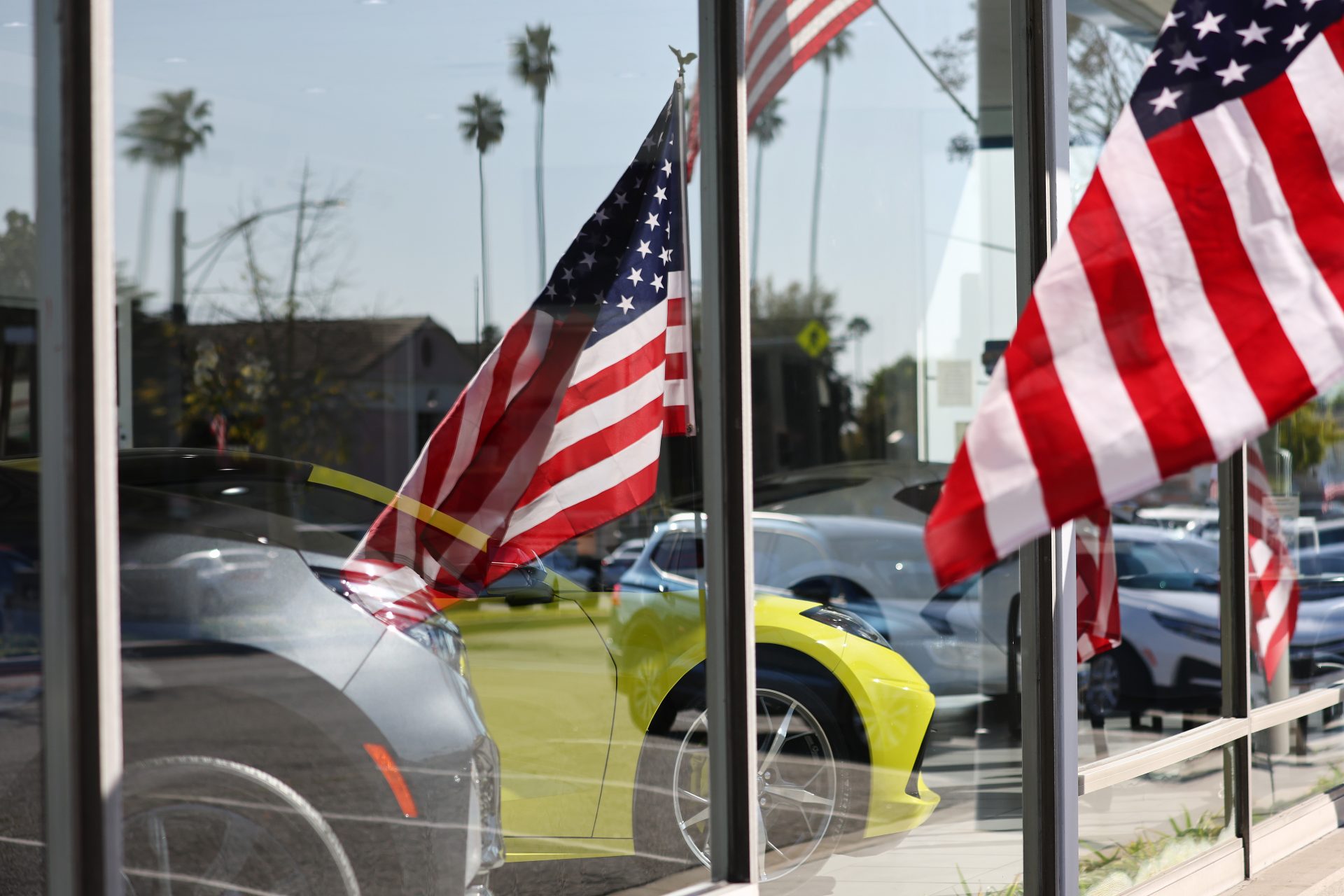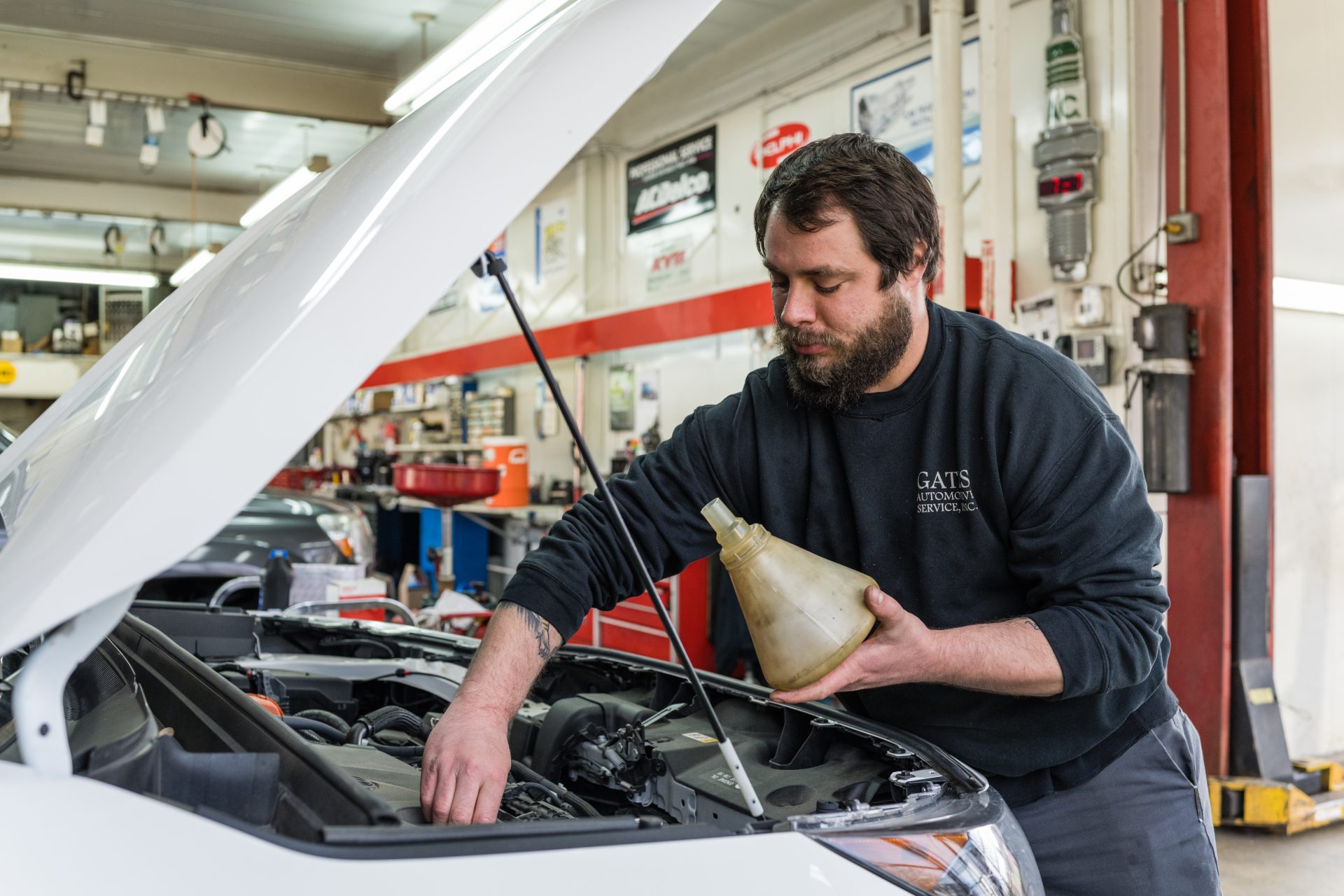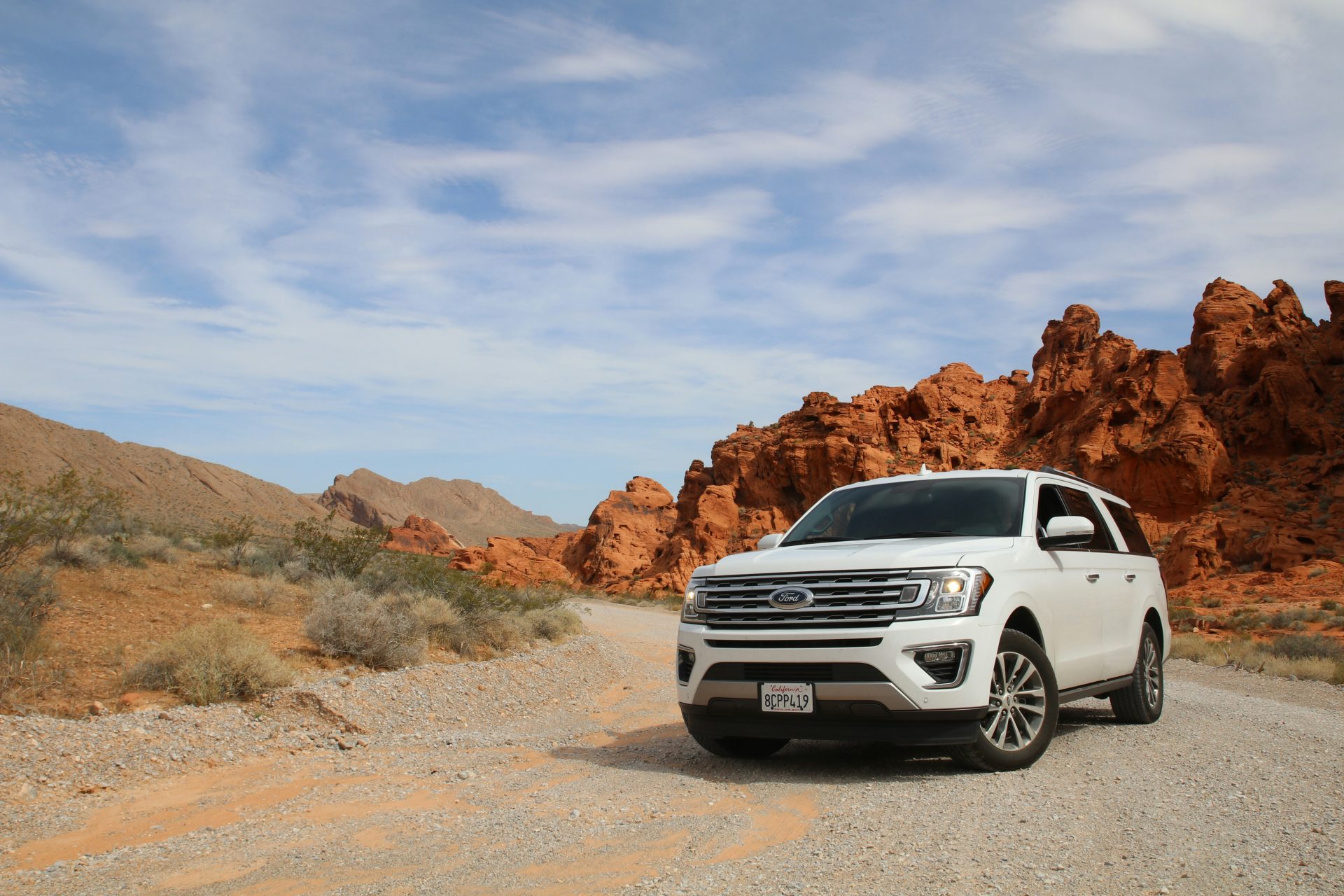Cars have gotten too expensive for most Americans
Car ownership has become a big point of pride for many Americans, and in a country as large as the United States, that’s understandable. Vehicles offer independence but only if you can afford one, which most cannot now according to some reports.
Owning a vehicle in America is getting increasingly out of reach for most people as the costs to own have outpaced average earning potential. But when did the problem begin and how bad is it? Let’s look at what’s driving the issue.
Newsweek’s Guilia Carbonaro pinpointed the current problems with vehicle prices to the beginning of the global pandemic and additional costs that the crisis added to the prices of cars as well as to their maintenance and insurance.
New and used car prices reached record high prices during the pandemic as a result of the production slowdowns brought on by disruptions to global supply chains. A shortage of ships proved to be a big issue for car manufacturers.
Data shared with Newsweek by the AI car shopping CoPilot showed that new car prices rose 30 percent between 2020 and 2023 while used car prices pushed far past the cost of a new car, rising by 38% within the same time period.
"There's no doubt about it, 2023 was one of the most challenging years to buy a car, especially for more budget-conscious consumers," CoPilot CEO Pat Ryan explained to Newsweek about problems faced by car consumers in 2023.
“Across most brands and segments, car prices have barely moved from the levels at which they started the year. When you also factor in multiple interest rate hikes, there were not many deals to be had for car shoppers." Ryan added.
Consumer reports discovered a similar trend near the end of 2023, noting that the price of a new car in September of that year had reached well over $48,000, which was up by $10,000 from 2020, putting the total rise at roughly 20%.
The higher costs in September 2023 were attributed to “enduring disruptions to buying habits, manufacturing, and personal finances caused by the COVID-19 pandemic.” However, a consumer shift towards SUVs did have some impact.
“Entry-level cars have been vanishing,” Consumer Reports noted, pointing out that the chip shortage and other issues pushed vehicle manufacturers to focus on making more of their most profitable models over cheaper brands.
The slowdown of inflation in 2023 did help put an end to the runaway prices of new cars but it did little to improve the situation that had already developed. “As things stand, cars are still really expensive for many Americans,” Carbonaro wrote.
How expensive are new cars? The data from CoPilot showed that only 10% of new car listings are below $30,000, and the used car market is just as difficult for buyers 28% of all listings are below $20,000. But how do you need to make it to own a car?
According to data from Kelley Blue Book in September 2023, the cost of the average new car in the United States in August was $48,451 whereas the price of the average used hit $26,651.
The cost of owning a vehicle isn’t just wrapped up in the payment you make. There are also ancillary expenses like the cost of repairs, the cost of insurance, and the cost of filling up your car at the gas station. To afford it all you need to make a lot.
A report from Market Watch in October 2023 noted that most Americans couldn’t afford a new car based on a comment from a Ford executive stating that an individual needed to earn at least $100,000 in order to afford a car.
“If $100,000 is the annual income necessary, then about 37.5% of U.S. households can manage the purchase, according to the most recent Census Bureau figures,” Market Watch wrote. So how are people affording to buy vehicles?
According to Market Watch, some consumers may be overspending their budget when it comes to their cars while others are taking out longer loans in order to finance their new vehicle, a situation that ultimately pushes the cost higher.
Unfortunately, many Americans don’t have a choice since owning a vehicle is a necessity in most of the country. According to Forbes, 91.2% of American households own a car based on data from the 2017-2020 US Census Bureau 5-Year American Community Survey.
Photo by Sven D on Unsplash
More for you
Top Stories






